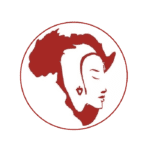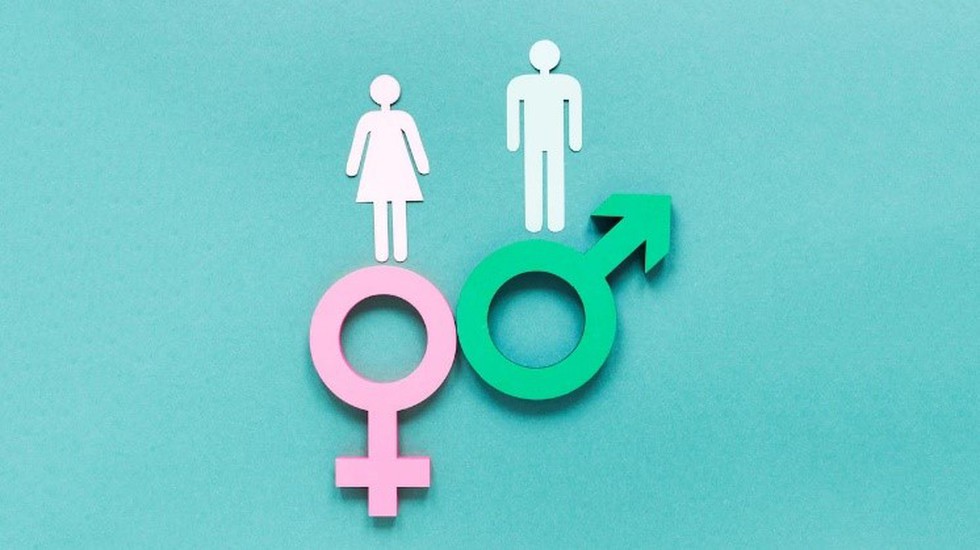The Global Gender Gap Report by the World Economic Forum (WEF) provides insights into gender parity across key dimensions: Economic Participation and Opportunity, Educational Attainment, Health and Survival, and Political Empowerment.
These are the latest findings published in June 2023.
- Iceland remains the top-ranking country for the 14th consecutive year, with over 90% of its gender gap closed.
- No country has achieved full gender parity yet, but the top nine countries have closed at least 80% of their gap.
- Educational Attainment improved from 95.3% to 96.1% between 2022 and 2023.
- Health and Survival saw a slight increase from 95.7% to 95.9%.
- Political Empowerment score edged up from 22.4% to 22.5%.
- Economic Participation and Opportunity experienced a regression from 60.0% in 2022 to 59.8% in 2023.
Africa’s Gender Gap
Unfortunately, Africa still has a long way to go in closing the gender gap. At the current pace, it will take 102 years to achieve gender parity in Sub-Saharan Africa. On the other hand, WEF estimates that the gap will take 152 years to close in the Middle East and North Africa.
Current Outlook of Women Representation in STEM
Women are significantly underrepresented in the STEM workforce. Only 29.2% of all STEM workers are women, despite making up 49.3% of non-STEM occupations.
The Path Ahead
While progress has been made in various areas, achieving gender parity remains a global challenge. The Global Gender Gap Report serves as a reminder of the work ahead to ensure equal opportunities for all individuals, regardless of gender. It all starts with creating opportunities for women to learn and access financial and mentorship resources.
Find out how Miss.Africa Digital (aka FemPower) is helping solve this disparity.

